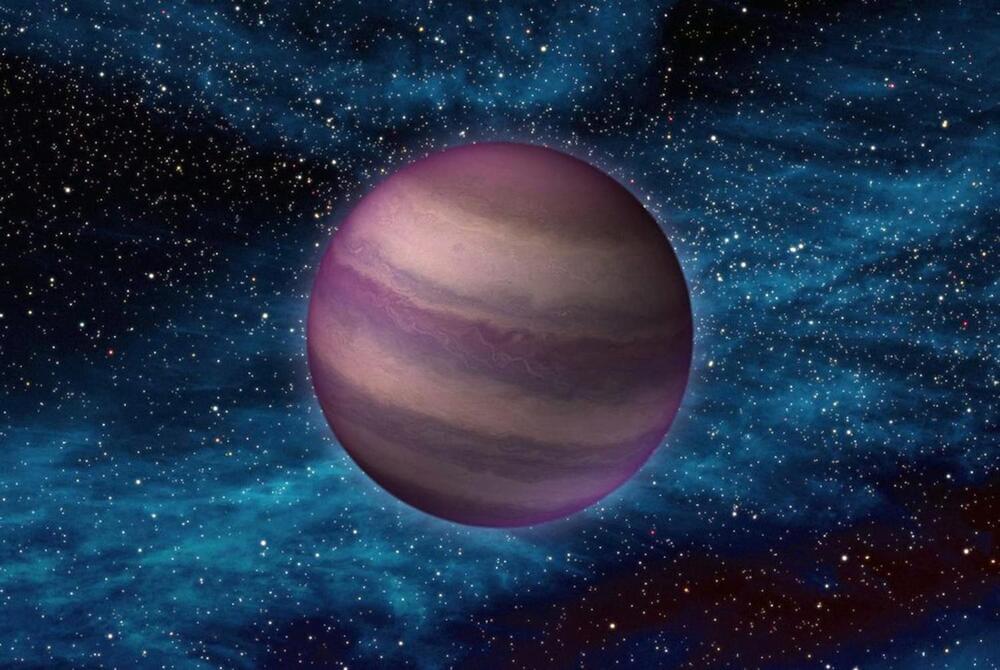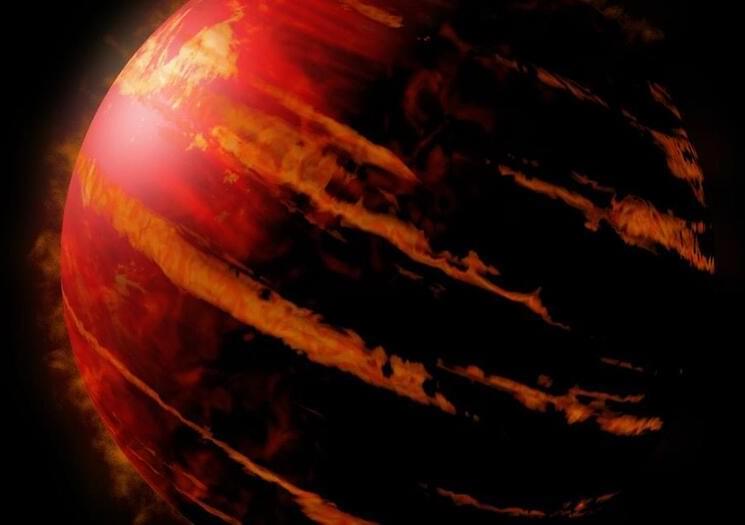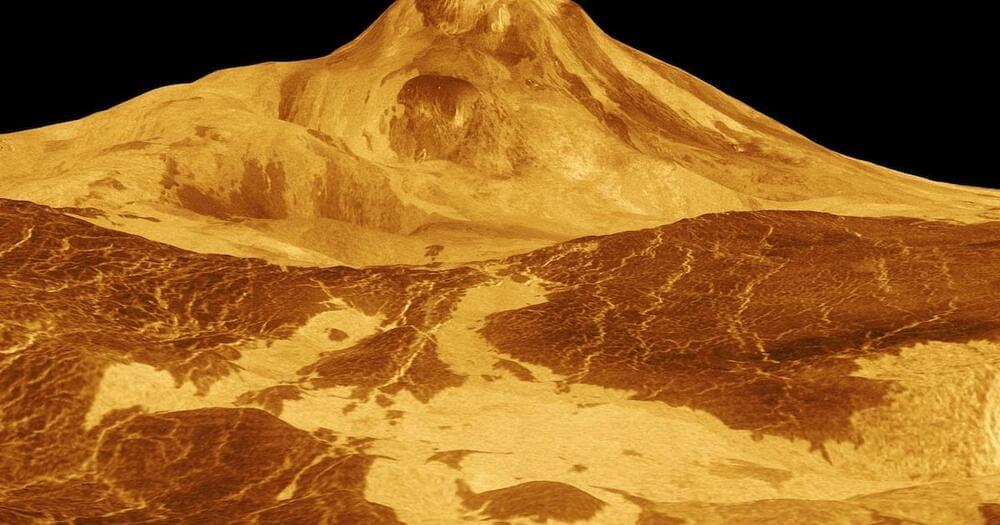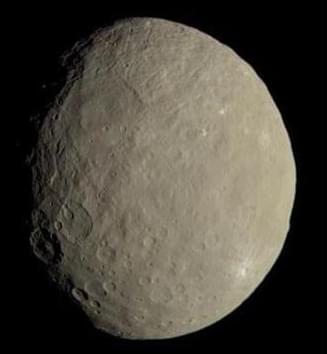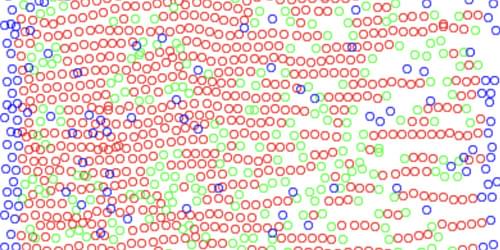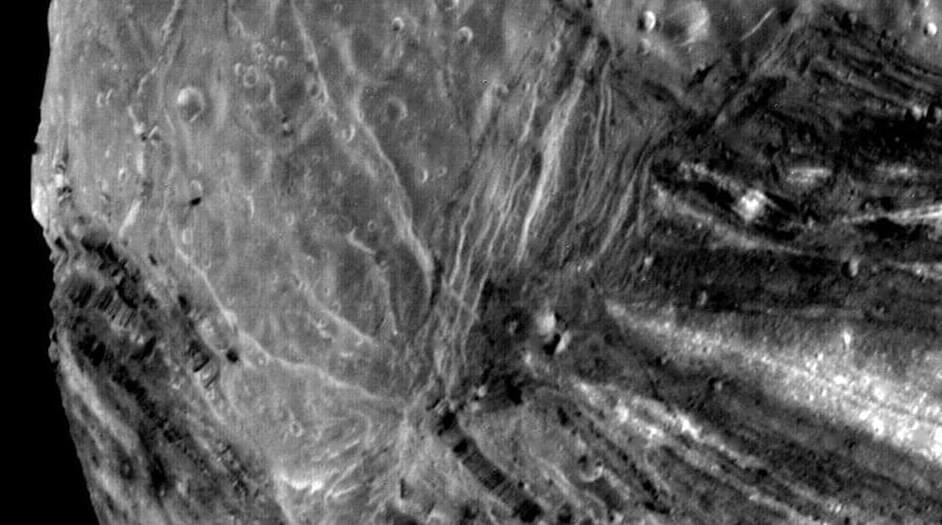Mar 6, 2023
The tightest ultracool dwarf binary system ever observed
Posted by Genevieve Klien in categories: physics, space
Previously, astronomers had only detected three short-period ultracool dwarf binary systems. They were relatively young-up to 40 million years old. In a recent study, astrophysicists at Northwestern University and the University of California San Diego (UC San Diego) have discovered an extreme system: the tightest ultracool dwarf binary system ever observed.
This newly discovered system is known as LP 413-53AB. It consists of a pair of ultracool dwarfs. The system is estimated to be billions of years old. Surprisingly, its orbital period is at least three times shorter than all ultracool dwarf binaries discovered so far.
The proximity between the two stars is like this: they take less than one Earth day to revolve around each other. Each star’s “year” lasts just 17 hours.
